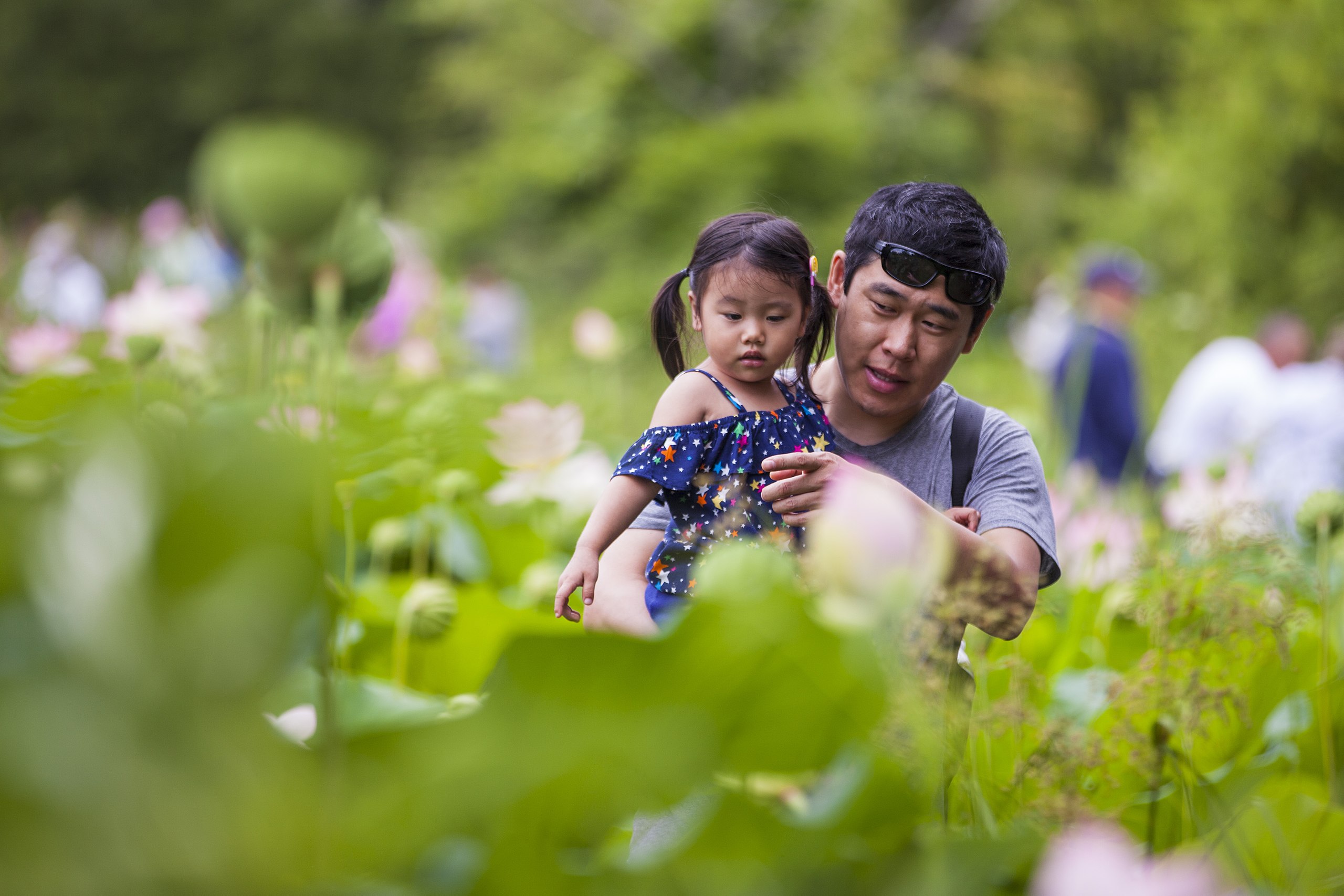Cultivating Love
Module 4 of An Introduction to BuddhismBuddhism has a reputation for austerity, but it also contains profound teachings on love and the family life.

Photo by Rachel Hendrix
Readings
This lesson, let’s read Chapters 4–9 on the Buddha’s family.
A philosophical essay by a popular “foreign” monk in Thailand analyzing love from the Buddhist perspective.
This lesson, we introduce our first “sutta” (or, “Discourse”) from the Pāḷi Canon — the “Bible” for Theravada Buddhists. There are thousands of such “Discourses” in the Canon, and each represents one occasion in the Buddhaʼs long, teaching career.
This particularly poetic discourse is roughly the Buddhist equivalent of the passage on love in the Christian Bible: 1 Corinthians 13.
Notice, though, how the Buddhaʼs description of love explicitly extends our compassionate circle of concern to all sentient beings.
Also, rather than framing the sermon as a description of what love is (“patient, kind” etc), notice how the Buddha instead describes love as a practice, giving us instructions on what “should be done.” This shift away from descriptive philosophy and towards ethical praxis is one of the hallmarks of Buddhism, especially in contrast to Western philosophy.
Consider reading this sutta out loud too, remembering that the Buddhaʼs words were originally passed down by oral recitation.
Now read Ayya’s explanation of this profound discourse in Chapter 8 of Being Nobody.
And finally, listen to the sutta chanted in the traditional style by a group of monks in California.
How did your experience of the sutta change since when you read it the first time?
Lecture
For today’s guest, I’d like to introduce you to Ajahn Brahm. Ajahn Brahm was a British physicist who was ordained in Thailand and now heads a monastery in Australia, among several other teaching engagements. He’s a widely published author and one of the most highly respected, Western monks alive today.
Here, he talks about kindling and keeping alive our spark of positivity:
Further Reading
If you enjoyed Ajahn Brahm’s teaching style, you may want to check out Opening Up to Kindfulness — a recent collection of his talks transcribed and distributed in honor of his 70th birthday. You can also listen to his large archive of talks over at the BSWA website.
Homework
Here are some reflection questions on today’s lesson. Please do do them, as the learning only sinks in when it’s examined and applied. And, as always, click below for next lesson’s homework whenever you’re ready 👇